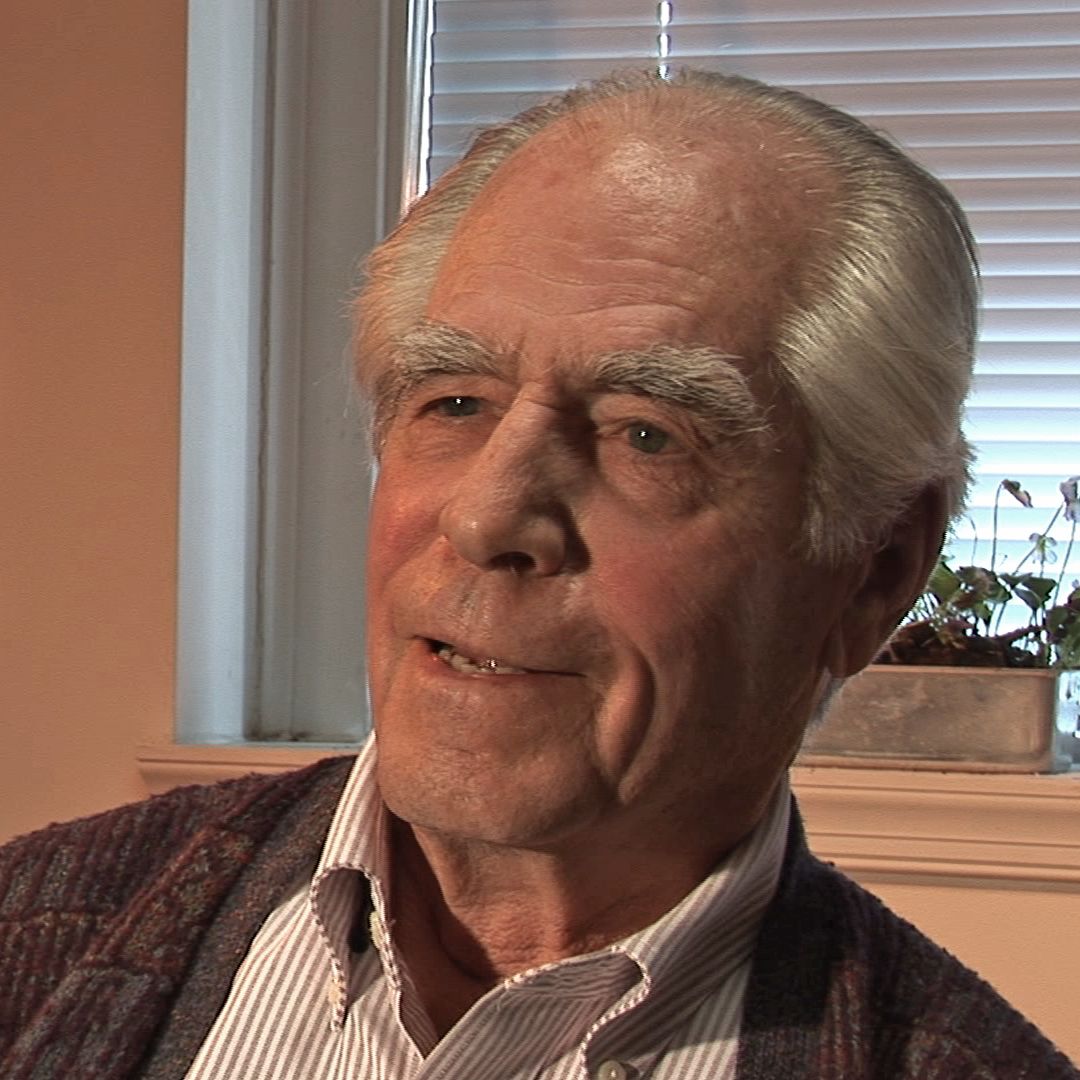On June 17, U.S. President Barack Obama announced plans to vastly expand the Pacific Remote Islands Marine National Monument – a marine sanctuary – closing off fishing and limiting energy exploration, among other potentially damaging activities by humans on the marine environment. And on June 17 and 18, U.S. Secretary of State John Kerry held an “Our Ocean” conference with policymakers, scientists and even actor Leonardo DiCaprio, to address international sea issues involving climate change, sea level rise, seafood harvesting, acidification and other changes to the oceans.
Expert G. Carleton Ray
University of Virginia environmental scientist G. Carleton Ray has been studying the world’s oceans and working with policymakers on international ocean issues for more than 50 years. He is co-author with his wife Jerry McCormick-Ray of the recently published book, “Marine Conservation: Science, Policy and Management.”
“The opening signal of U.S. commitment to ocean conservation was President Obama’s announcement to expand the Pacific Remote Islands Marine National Monument, which will become the world’s largest ocean reserve,” Ray said. “This was the tip of the iceberg for the president’s hopes to establish a National Ocean Policy, to cover urgent issues that will affect all Americans and peoples around the globe: sea-level rise, ocean acidification, overfishing, pollution, exploitation of marine resources, biodiversity loss and several others.
“And at the Our Ocean conference, hosted by Kerry, island nations facing particularly urgent problems made commitments to proceed with protection of their resources – Palau, the Cook Islands, Kiribati, and the United States – a small but notable start. A full-blown National Ocean Policy remains in the wings. Considerable opposition is expected, but perhaps the U.S.’s greatest challenge is our own failure to ratify the United Nations’ Law of the Sea treaty, which is held up in the Senate by a very few senators who think that international agreements under the U.N. are a threat to our national security. Quite the opposite; all of the issues mentioned are national security threats, and not joining the conversation officially is not only an embarrassment to our negotiators, but also fails to recognize that most of the ocean is international.
For an interview with Ray, please contact him at: 434-924-0551 or cr@virginia.edu.
Expert Stephen Macko
University of Virginia environmental sciences professor Stephen Macko, who conducts oceanographic research and teaches marine ecology and sustainable fisheries courses, can comment on the possible effects and implications of Obama’s plan to expand the Pacific Remote Islands Marine National Monument. Macko will be giving a presentation next week at an international Law of the Sea meeting in Bergen, Norway that will bring together scientists and policymakers. There he will discuss the possible ecological effects of ocean drilling in the high Arctic.
“There still is some question as to whether marine sanctuaries work as well as intended for preserving fish stocks,” Macko said. “We do know that closing off an area to fishing does indeed protect that area, but we also know that fish move in and out of protected areas and that fishermen will concentrate on the edges of protected areas. It also is harder and costly to police large sanctuaries. So the question is whether or not expanding this zone is an appropriate area, and sufficient to allow fish reproduction and growth.
“The expansion of this area of the Pacific by President Obama should be helpful for fish stocks in the area, but is it sufficient and enforceable?”
For an interview with Macko, please contact him at 434-924-6849 or sam8f@virginia.edu.
Media Contact
Article Information
June 19, 2014
/content/uva-tip-sheet-g-carleton-ray-stephen-macko-available-comment-obama-s-expansion-pacific

